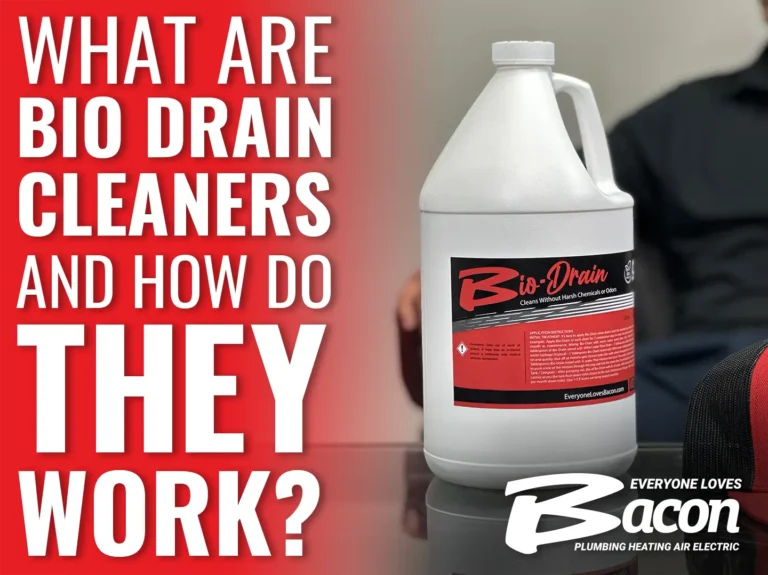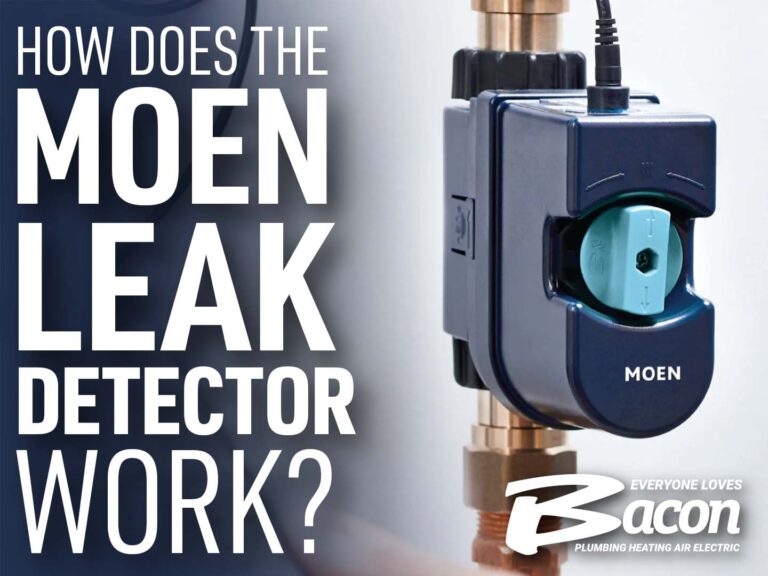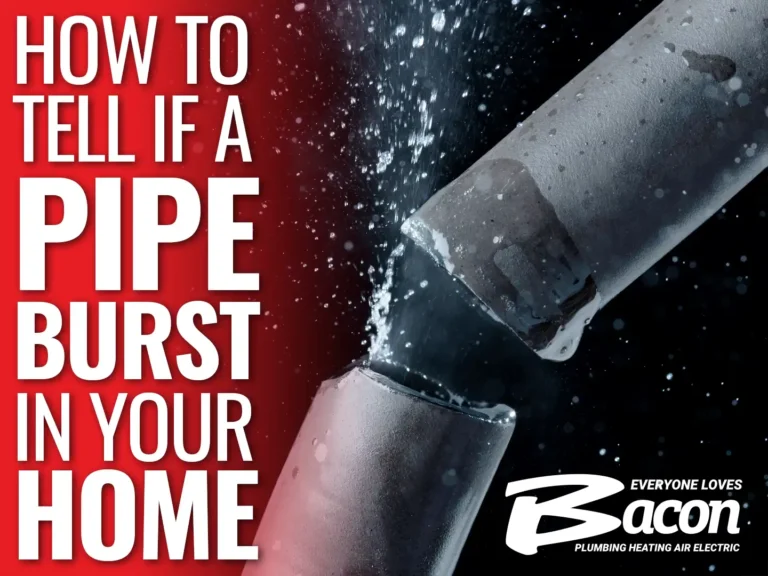There’s nothing more frustrating than a toilet that just won’t flush right. Whether it’s sluggish, needs multiple flushes, or seems weaker than usual, it’s a common issue and one that shouldn’t be ignored.
In this guide, we’ll walk you through the most common causes of slow-flushing toilets and give you practical tips to help diagnose and even fix the problem yourself. And when it’s time to call in a plumber, we’ll show you exactly what to watch for so you know when to reach out for expert help.
Common Reasons Your Toilet Flushes Slowly
Partial Clogs
Not all clogs bring your toilet to a complete stop. Partial clogs often build up in the trapway, the curved section of pipe beneath your toilet bowl. They’re usually caused by flushing too much toilet paper, hygiene products, or anything your toilet wasn’t designed to handle.
These clogs don’t fully block the drain, but they restrict water flow just enough to weaken the flush. Over time, the restricted pathway creates resistance that makes it harder for waste to clear with a single flush.
But if your toilet isn’t fully clogged and still flushes slowly, the issue might lie elsewhere. Let’s take a look at a few non-clog-related reasons your toilet could be underperforming.
Low Water Level in Tank
Your toilet needs enough water in the tank to create the pressure for a strong flush. If the tank isn’t filling all the way, there won’t be enough force to clear the bowl. This can happen because of a misadjusted float, a faulty fill valve, or even a small leak.
Most modern toilets are designed to flush efficiently using a precise amount of water. When that balance is off, so is your flush.
Mineral Buildup in Toilet Jets and Rim Holes
Mineral deposits from hard water can accumulate inside your toilet’s jets and rim holes, restricting water flow. When these passages are partially blocked, water pressure drops significantly. This creates a slow, ineffective flush, requiring multiple attempts to clear waste.
“Why does my toilet flush so slowly even if the tank is full?” It might be because of mineral buildup. If you have hard water, calcium and other minerals can collect in the small holes under the rim and in the jet at the bottom of the bowl. These holes are what guide the water during a flush.
Over time, that buildup prevents water from flowing out properly, even when the tank is full. So, you end up with a weak flush that doesn’t fully clear the bowl and might need multiple tries to get the job done.
If you have hard water, mineral buildup from hard water can collect in the small holes under the rim and in the jet at the bottom of the bowl.
Damaged or Misaligned Flapper Valve
The flapper is the small rubber valve inside your toilet tank, and it plays a big role in how your toilet flushes. When everything’s working right, it lifts to release water into the bowl and stays open just long enough for a full, powerful flush.
But if the flapper is damaged, worn out, or misaligned, it can close too soon, cutting off the water flow before the job is done. That leads to a weak flush that doesn’t clear the bowl properly.
Vent Stack Blockages
Many homeowners never consider this one, but your plumbing system needs to breathe. Vent pipes (typically exiting through your roof) maintain proper air pressure throughout your drainage system.
When these vents become blocked by leaves, animal nests, or debris, they create a vacuum effect in your plumbing. This negative pressure works against gravity, slowing down drainage throughout your system. Your toilet might be perfectly clean inside with plenty of water, but this invisible pressure problem causes frustratingly slow flushes that seem to have no obvious cause.
When to Call a Plumber for a Slow Toilet Flush
As someone deeply familiar with plumbing systems, I can tell you that while many toilet issues can be handled as DIY projects, there are definitely situations where calling a professional plumber is the smartest move. Here’s when you should pick up the phone rather than the plunger for a slow flushing toilet:
Call a Plumber When:
- You’ve tried basic troubleshooting without success. If you’ve already checked for visible clogs, cleaned the rim jets, adjusted the water level, and replaced the flapper—yet the toilet still flushes slowly—it’s time for professional help. This likely indicates a problem deeper in your plumbing system.
- There are multiple slow-draining fixtures in your home. When your toilet, sink, and shower are all draining slowly, this suggests a main line issue rather than a problem with just your toilet.
- This could indicate a partial blockage in your main sewer line or a vent stack problem requiring specialized equipment to diagnose and fix.
- You notice sewage odors or gurgling sounds from drains. These are warning signs of potential sewer line problems that could lead to backups or damage if not addressed quickly. These symptoms often accompany slow flushing and indicate more serious issues.
- Your toilet is backing up into other fixtures. If flushing your toilet causes water to rise in your shower or bathtub drain, you have a significant blockage that needs immediate professional attention to prevent property damage.
- Your DIY attempts have made the problem worse. If your efforts to fix the issue have led to leaks, continuous running, or complete failure to flush, stop and call a professional before further damage occurs.
Remember: A professional plumber has specialized tools like video inspection cameras, professional-grade augers, and hydro-jetting equipment that can quickly diagnose and solve problems that might take you hours of frustration and potentially cause additional damage.
Final Thoughts: Don’t Ignore the Signs
A slow-flushing toilet isn’t just annoying—it’s a warning sign. Left alone, it can lead to bigger plumbing issues, water damage, and unexpected repair costs. At Bacon Plumbing Heating Air Electric, we’ve seen it all: small toilet troubles turning into full-blown emergencies just because help came too late.
That’s why our licensed, local pros in Dallas Fort Worth and Houston don’t just treat symptoms. We fix the root cause. With honest diagnostics, upfront pricing, and 24/7 emergency service, we’re here when you need us most.
Don’t wait for a plumbing disaster. Call Bacon today and flush those worries for good.



